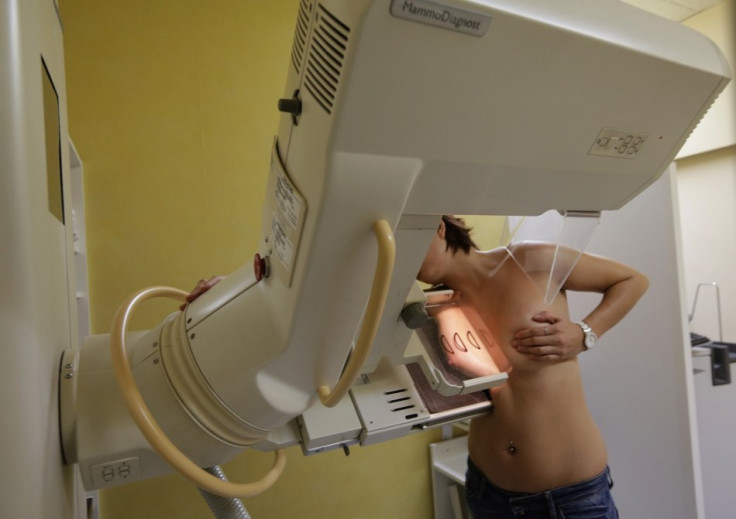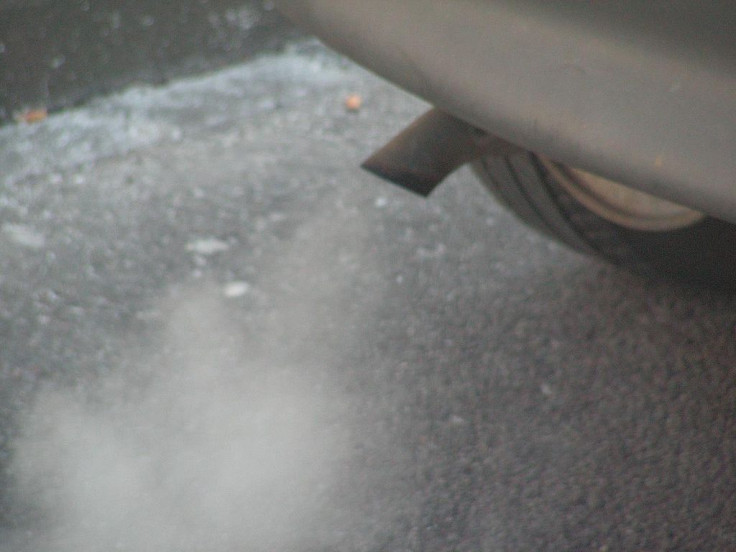Everyday Chemicals That Cause Breast Cancer

Eight chemicals humans are exposed to on an everyday basis have the potential to cause breast cancer, researchers have discovered.
Scientists at the Silent Spring Institute in Massachusetts found that common chemicals cause breast cancer in laboratory rats, and believe they have the same effect on human beings.
The chemicals were found to increase the risk of breast cancer during times of development, including in the womb, during puberty or pregnancy. Published in the journal Environmental Health Perspectives, the authors explain how the risky chemicals can be found in exhaust fumes, flame retardants, paint removers and some purification chemicals found in drinking water.
"The review and a related editorial identify a major gap in chemicals safety testing, which currently does not assess how chemicals may affect breast development. The scientists recommend that future chemical safety testing evaluate these effects," the Institute said.

"By studying how environmental chemicals influence breast development, scientists can help government, manufacturers, and consumers make better decisions about chemicals in consumer products and air and water pollution. In the meantime, there are steps moms can take now to reduce their exposures."
Chemicals benzene and butadiene, which can be found in vehicle exhaust fumes, tobacco smoke and burned food were found to be the biggest source of mammary carcinogens in the environment. Methylene chloride, which is found in cleaning products, was also found to increase risk of breast cancer.
"Every woman in America has been exposed to chemicals that may increase her risk of getting breast cancer," co-author Julia Brody told AFP. "Unfortunately, the link between toxic chemicals and breast cancer has largely been ignored. Reducing chemical exposures could save many, many women's lives."
Below are the eight chemicals found to cause breast cancer in rats. More information about them can be found here.
Atrazine
Bisphenol A
Dibutylphthalate
Dioxin
Methoxychlor
Nonylphenol
Polybrominated diphenyl ethers
Perfluorooctanoic
Offering tips on how to avoid exposure, the Institute said women should avoid exhaust fumes, use a ventilation fan while cooking and avoid furniture made with polyurethane foam.
It also said to avoid stain-resistant rugs, furniture and fabrics, and if using a dry cleaner, to opt for one that does not use PERC (perchloroethylene) or other solvents. A water filter that blocks carbon is also advised.
Breast cancer is the most common form of cancer in the UK. In 2008, it is estimated over 1.38m women were diagnosed with the disease worldwide.
© Copyright IBTimes 2025. All rights reserved.






















